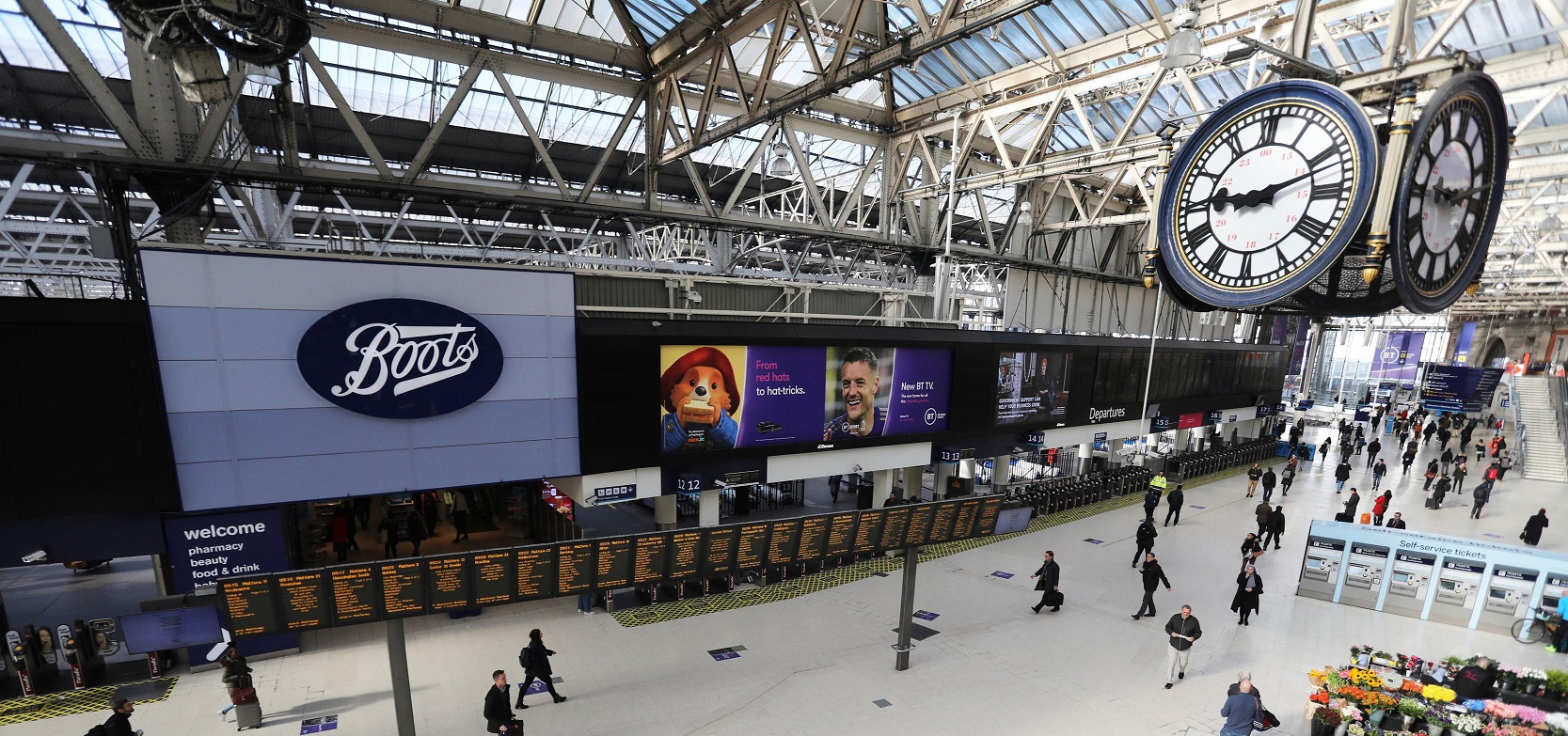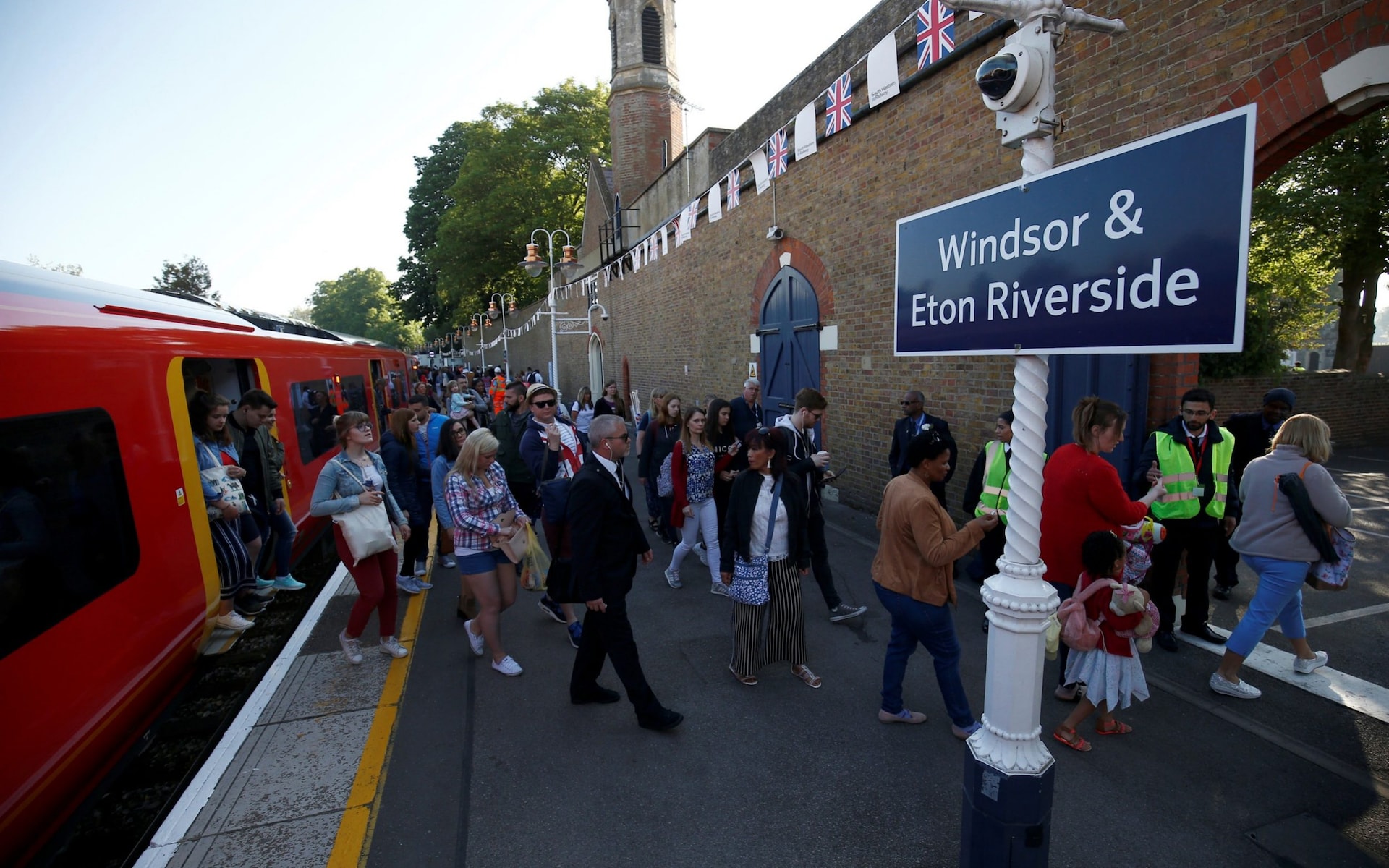WLR has long advocated a more rational approach to rail procurement in this country so it is pleased to have met with Prof Mark Casson, Director of the Centre for Institutions and Economic History at Reading University.
His book The World’s First Railway System says
The British railway network was a monument to Victorian private enterprise. Its masterpieces of civil engineering were emulated around the world. But its performance was controversial: praised for promoting a high density of lines, it was also criticised for wasteful duplication of routes.
As it has become increasingly fashionable to laud the Victorians for their investment in infrastructure, this book is a useful reminder not just of what they got right but also what they got wrong. Of particular relevance to the current day was the tendency for individual rail companies to built local cartels, jealously guarding their territory and obstructing links between networks, making it more difficult for customers who wished to travel across them. Professor Casson talked to WLR about these state-sponsored cartels
(which – amazingly – live on in many respects in the franchise system) and how the Department for Transport has historically discouraged competition, leading to higher fares and poor service.
Prof Casson is an advocate of the theory of contestable markets, something which will no doubt be of renewed interest in the upcoming publication of the Hansford Review. This holds that low barriers to entry are the key determinant of how effective competition is. The BBC programme, the Passengers That Took On the Train Line, illustrates how the franchise system actively makes competition more difficult and perpetuates these cartels, according to the professor.
Windsor is another result of historical cartels, with its two stations built by different rail companies with difficult interchange between the two stations. The Great Western Link from Slough to Windsor was originally planned to extend south, via West Windsor to Ascot but this was successfully opposed by the Southern Railway. Likewise, Southern’s plans to link Basingstoke to Bristol were successfully stopped by GWR. Unfortunately, says Casson, the government at the time was distracted by the Corn Laws and political wrangling between Gladstone and Peel so individual MPs lobbying for local schemes were not as co-ordinated as they might have been.
WLR is looking forward to working with Professor Casson and his colleagues Reading University, as part of their ongoing engagement with local communities, as we build a better railway for Britain.





